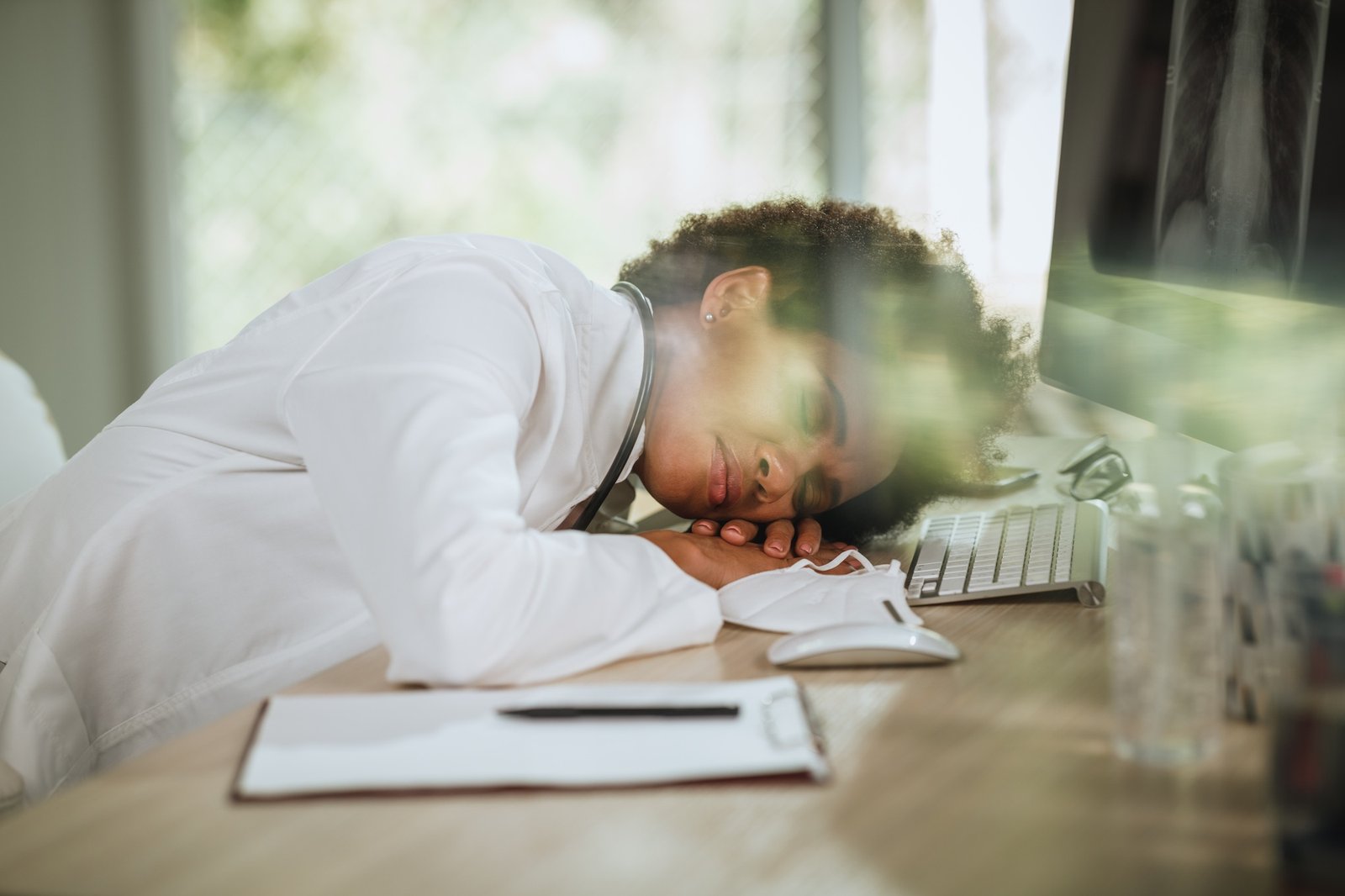Sleep Disorders

Understanding Sleep Disorders
Sleep is the foundation of mental and physical health, yet millions of people struggle with sleep disorders that disrupt their well-being. If you find yourself tossing and turning, waking up exhausted, or experiencing daytime fatigue despite spending enough time in bed, you may be dealing with a sleep disorder. Understanding the different types of sleep disorders, their causes, and effective treatment options can help you take the first step toward better sleep and improved quality of life.
What Are Sleep Disorders?
Sleep disorders are conditions that prevent a person from getting restorative sleep, leading to daytime dysfunction, fatigue, and other health issues. These disorders can stem from various causes, including medical conditions, mental health disorders, lifestyle factors, and even genetics. Left untreated, chronic sleep disturbances can increase the risk of depression, anxiety, cardiovascular disease, and impaired cognitive function.
Medical Causes of Sleep Disorders
Several medical conditions can contribute to sleep disturbances, including:
- Chronic pain (e.g., arthritis, fibromyalgia, migraines)
- Neurological conditions (e.g., Parkinson’s disease, Alzheimer’s disease)
- Mental health disorders (e.g., anxiety, depression, PTSD)
- Gastroesophageal reflux disease (GERD)
- Hormonal imbalances (e.g., menopause, thyroid disorders)
Common Types of Sleep Disorders
- Insomnia
Insomnia is the most prevalent sleep disorder, characterized by difficulty falling asleep, staying asleep, or waking up too early and being unable to return to sleep. It can be short-term (acute) or long-term (chronic) and is often linked to stress, anxiety, depression, or poor sleep habits.
- Sleep Apnea
Sleep apnea is a serious condition in which breathing repeatedly stops and starts during sleep due to airway obstruction (obstructive sleep apnea) or a failure of the brain to regulate breathing (central sleep apnea). Common symptoms include loud snoring, gasping for air during sleep, and excessive daytime sleepiness. Sleep apnea increases the risk of high blood pressure, heart disease, and stroke.
- Restless Legs Syndrome (RLS)
RLS is a neurological condition that causes an uncontrollable urge to move the legs, often accompanied by uncomfortable sensations such as tingling, aching, or burning. Symptoms typically worsen at night, making it difficult to fall or stay asleep.
- Narcolepsy
Narcolepsy is a neurological disorder that affects the brain’s ability to regulate sleep-wake cycles. It is characterized by excessive daytime sleepiness, sudden episodes of muscle weakness (cataplexy), sleep paralysis, and hallucinations during sleep transitions.
- Circadian Rhythm Disorders
Circadian rhythm disorders occur when a person’s internal sleep-wake cycle is misaligned with their environment. Examples include shift work disorder, jet lag, and delayed or advanced sleep phase disorder, all of which can lead to difficulty sleeping at appropriate times and daytime fatigue.
Improving Sleep Hygiene
Sleep hygiene refers to healthy sleep habits that promote quality rest. Practicing good sleep hygiene can improve sleep patterns and reduce the severity of sleep disorders.
Tips for Better Sleep:
- Stick to a Sleep Schedule – Go to bed and wake up at the same time every day, even on weekends.
- Create a Restful Environment – Keep your bedroom cool, dark, and quiet. Use blackout curtains and white noise machines if needed.
- Limit Stimulants – Avoid caffeine, nicotine, and alcohol in the evening, as they can disrupt sleep quality.
- Establish a Relaxing Routine – Engage in calming activities before bed, such as reading, meditation, or a warm bath.
- Limit Screen Time – Reduce exposure to blue light from phones, tablets, and TVs at least an hour before bed.
- Stay Active – Regular exercise can improve sleep, but avoid vigorous activity too close to bedtime.
Treatment Options for Sleep Disorders
Treatment varies depending on the type of sleep disorder and its underlying cause. Options may include:
- Cognitive Behavioral Therapy for Insomnia (CBT-I) – A structured, evidence-based approach that helps identify and change behaviors that contribute to sleep difficulties.
- Medications – Sleep aids, antidepressants, or medications targeting specific sleep disorders (e.g., dopamine agonists for RLS, stimulants for narcolepsy) may be prescribed when necessary.
- Continuous Positive Airway Pressure (CPAP) Therapy – A common treatment for sleep apnea that helps keep airways open during sleep.
- Light Therapy – Used for circadian rhythm disorders to reset the body’s sleep-wake cycle.
- Lifestyle and Behavioral Changes – Weight management, relaxation techniques, and stress reduction strategies can play a significant role in improving sleep quality.

Questions
If you regularly experience difficulty falling or staying asleep, excessive daytime sleepiness, loud snoring, or frequent nightmares, it may be time to consult a healthcare provider for an evaluation.
Yes. Anxiety, depression, PTSD, and other mental health conditions can contribute to sleep disturbances. Treating underlying mental health issues can often improve sleep quality.
While some sleep disorders can be managed or resolved with treatment, others require lifelong management. Effective therapies can greatly improve sleep and overall well-being.
Sleeping pills can be helpful in certain cases but should only be used under medical supervision. Long-term use can lead to dependence or mask underlying sleep disorders.
If sleep issues persist for more than a few weeks, interfere with daily life, or are accompanied by symptoms like severe snoring, gasping for air, or excessive daytime fatigue, consult a sleep specialist or psychiatrist.
At Sagesse Integrative Psychiatry, we understand the vital role sleep plays in mental and physical health. If you’re struggling with persistent sleep disturbances, we can help you explore treatment options tailored to your unique needs. Reach out to us today to take the first step toward restorative sleep and better overall well-being.
